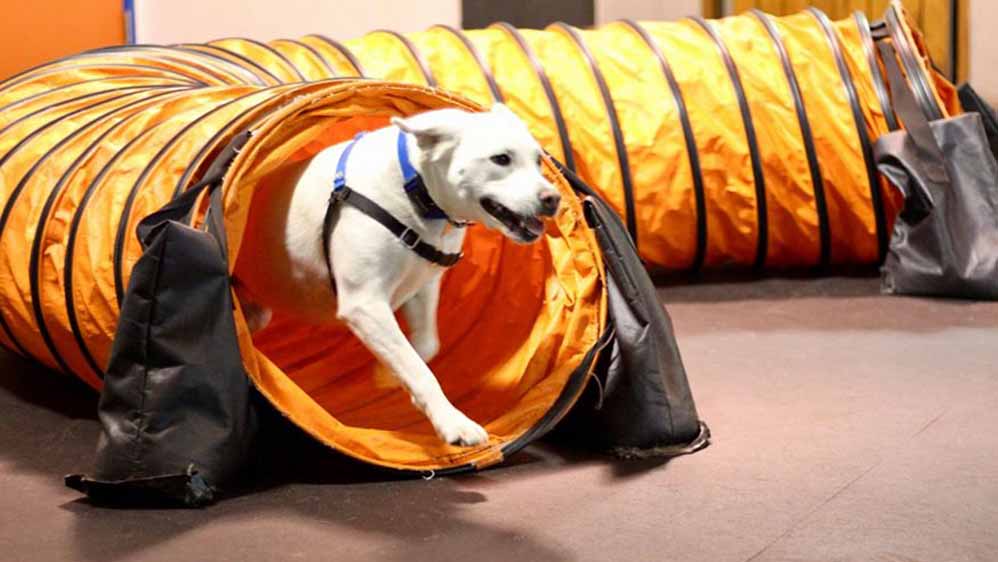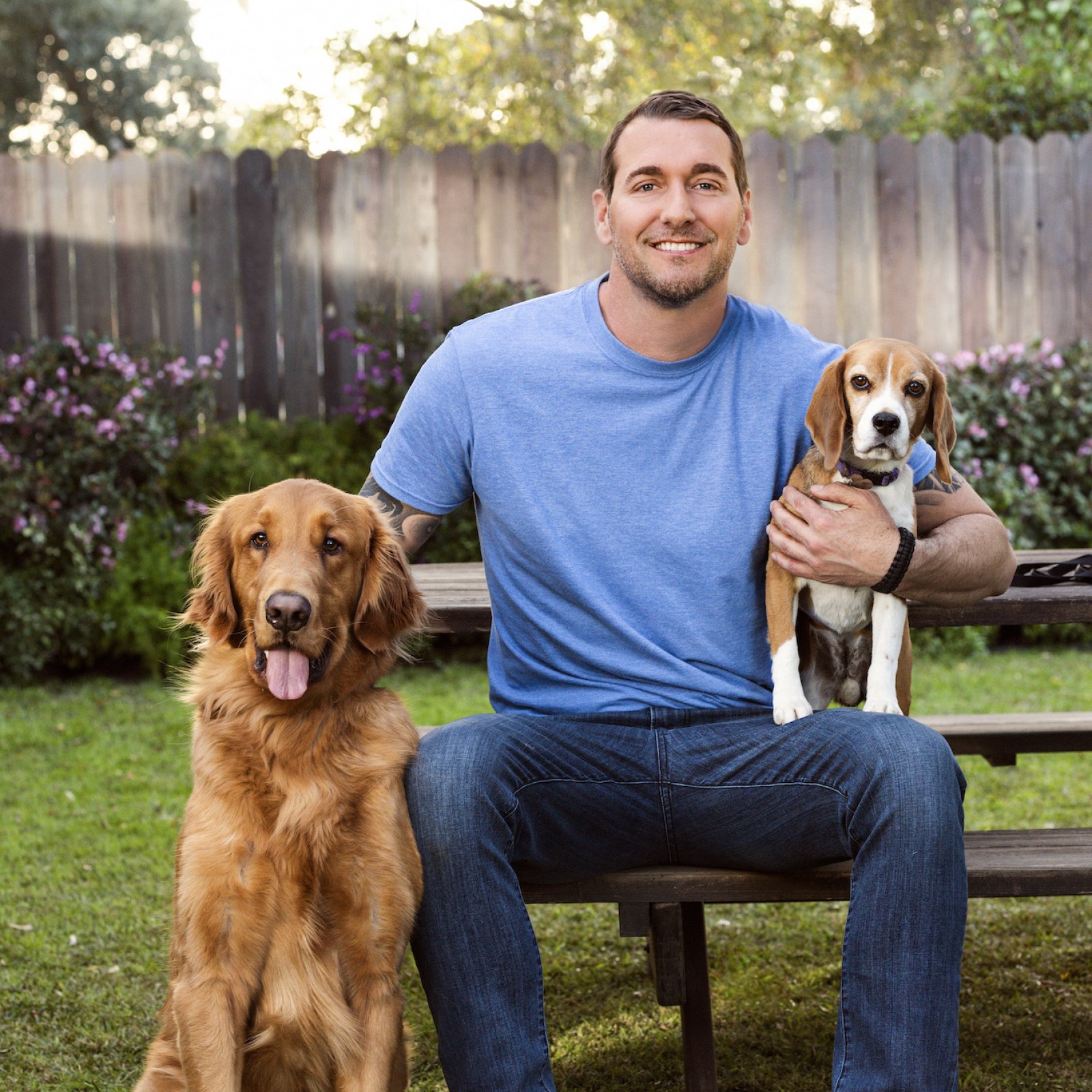The Ultimate Overview to Dog Training Charlotte: Methods for Success
The Ultimate Overview to Dog Training Charlotte: Methods for Success
Blog Article
Unlock Your Canine's Possible: Proven Canine Training Approaches for Success
Effective pet training is a nuanced procedure that hinges on understanding canine actions and using clinically backed strategies. dog training charlotte nc. By including favorable support, establishing clear commands, and focusing on socialization, pet owners can grow an effective connection with their animals. However, obstacles commonly occur that call for tailored remedies and an individual method. Discovering these proven approaches reveals not just the potential for behavioral renovation however likewise the deeper bond that can be developed in between owner and pet dog. What important approaches must be thought about to absolutely open your dog's capacity?
Understanding Canine Habits
Recognizing dog behavior is important for reliable training and cultivating a favorable relationship between canines and their owners. A detailed understanding of canine body movement, articulations, and social communications is critical for recognizing their needs and emotions. Canines interact mainly with non-verbal hints; for instance, a wagging tail may suggest enjoyment, while pinned ears can indicate concern or entry.
Additionally, environmental elements play a substantial duty in forming a dog's actions. Modifications in regular, brand-new surroundings, or the visibility of unfamiliar individuals can result in stress or anxiousness in pet dogs. Recognizing these triggers makes it possible for owners to alleviate adverse reactions and establish suitable training techniques.
Ultimately, a deep understanding of pet actions lays the structure for successful training methods, boosting both actions and the total bond in between the pet dog and its owner. dog training charlotte. This knowledge is important for cultivating a well-adjusted, satisfied canine buddy
Favorable Support Strategies
Effective training depends greatly on positive reinforcement techniques, which have been shown to yield significant outcomes in shaping desired actions in pet dogs. This approach involves compensating a pet for showing details actions, thus enhancing the likelihood that these behaviors will be duplicated. Rewards can take various types, consisting of deals with, praise, playthings, or play, depending upon what motivates the individual dog.

It is necessary to progressively terminate benefits as the pet discovers the actions, transitioning to recurring reinforcement. This method maintains the habits over time while preventing dependency on constant rewards. By concentrating on positive reinforcement, instructors can cultivate a relying on partnership with their dogs, advertising a participating and healthy and balanced training atmosphere that enhances total obedience and performance.
Establishing Consistent Commands
A basic aspect of successful dog training is the facility of constant commands. Consistency in commands is vital for effective interaction between the fitness instructor and the pet. When commands are uniform, pets find out to associate certain words with wanted habits, which increases the training procedure and boosts understanding.
To develop regular commands, it is crucial that all relative make use of the same terminology and gestures. If one individual makes use of "rest" while an additional claims "rest down," it can create confusion for the pet. Select clear, distinct words for commands and ensure everyone involved in the pet's training sticks to these options.
Enhance commands with constant technique, making certain that the pet obtains enough chances to react appropriately. When a pet dog successfully adheres to a command, immediate positive support needs to comply with.
Lastly, be person. Developing constant commands takes some time and effort. With devotion and clearness, you will help your pet dog develop a strong understanding of expectations, inevitably resulting in a mannerly buddy.
Socialization and Exposure
Interacting socially a pet is necessary for fostering a confident and well-adjusted buddy. This procedure involves exposing your canine to a variety of atmospheres, individuals, and other pets to create their social abilities and adaptability. Early socialization, ideally in between the ages of three to fourteen weeks, is vital, as it lays the foundation for a dog's future actions.
During socialization, objective to offer favorable experiences in various settings, such as parks, active roads, and homes with other pets. Introduce your canine to numerous click stimulations, including noises, sights, and scents, have a peek at these guys making certain that each experience is satisfying. This direct exposure assists mitigate concern and stress and anxiety, leading the way for an extra resilient pet dog.
Involving in controlled group play sessions with various other pet dogs can additionally enhance social skills, showing your family pet suitable communications and boundaries. Focusing on socialization will considerably add to your pet dog's overall happiness and habits throughout their life.
Conquering Common Educating Difficulties

Another frequent issue is distraction. Canines might struggle to concentrate in busy or unknown setups. Slowly desensitize your pet dog to distractions by beginning training in a peaceful setting and gradually presenting more stimuli as they become efficient (dog training charlotte). Favorable reinforcement strategies, such as treats and appreciation, can keep inspiration and focus.
Additionally, behavioral problems like leaping or too much barking can end up being discouraging. Address these by showing different actions, such as sitting smoothly when greeting guests. Uniformity and perseverance are crucial; reinforce desired habits continually and avoid abuse, which can lead to complication.
Last but not least, identify that each pet is special, and training timelines may vary. Dressmaker your method to your dog's individual requirements, and look for specialist support if essential. With perseverance and the appropriate methods, getting over these difficulties can cause a trained, happy canine companion.
Conclusion
To conclude, opening a pet's potential demands a detailed strategy that incorporates an understanding of canine behavior, the application of positive reinforcement strategies, and the advice establishment of regular commands. Early socializing and exposure to varied atmospheres even more improve a canine's adaptability and self-confidence. By attending to common training challenges with customized strategies and persistence, a harmonious and participating partnership in between pet and trainer can be fostered, inevitably causing a mannerly companion with the ability of growing in different circumstances.
Effective canine training is a nuanced procedure that hinges on comprehending canine actions and using scientifically backed strategies.Comprehending pet dog behavior is essential for efficient training and promoting a favorable partnership in between canines and their proprietors.Effective training relies heavily on positive reinforcement techniques, which have been revealed to yield substantial results in shaping preferred actions in pet dogs. When commands are consistent, canines learn to associate particular words with preferred behaviors, which accelerates the training procedure and improves understanding.
In final thought, unlocking a canine's prospective requires a thorough method that incorporates an understanding of canine actions, the application of positive reinforcement strategies, and the establishment of regular commands.
Report this page